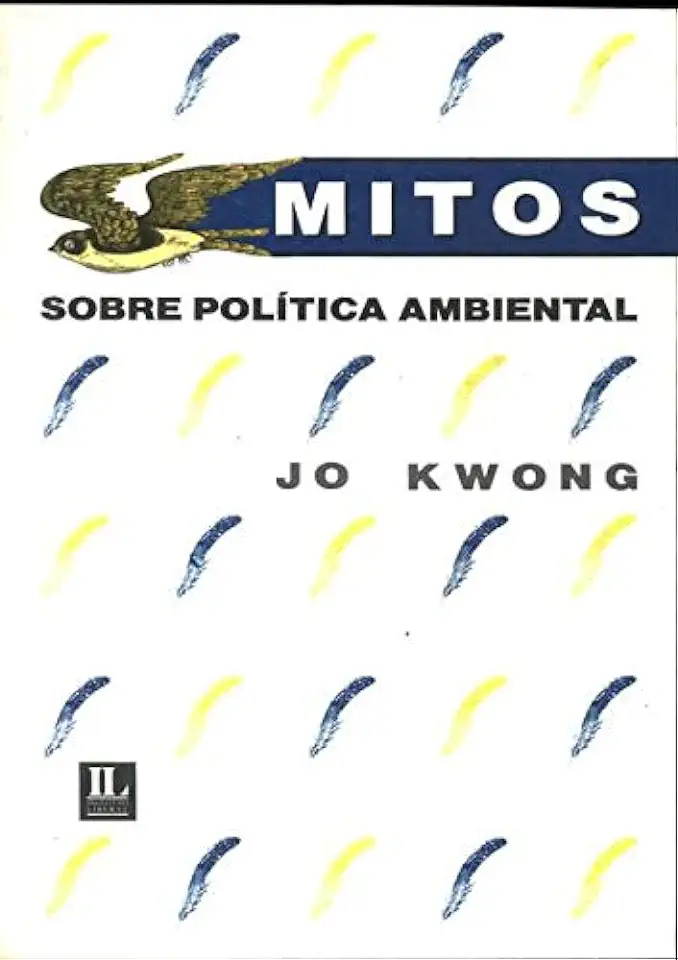
Myths About Environmental Policy - Jo Kwong
Myths About Environmental Policy: Jo Kwong
Introduction
In "Myths About Environmental Policy," Jo Kwong challenges conventional wisdom about environmental policy, arguing that many of the assumptions we make about what works and what doesn't are simply not true. Drawing on decades of research and experience, Kwong debunks common myths and misconceptions about environmental policy, offering a more nuanced and realistic understanding of the challenges we face.
Myth 1: Environmental regulations are bad for the economy
One of the most persistent myths about environmental policy is that it is bad for the economy. Kwong argues that this is simply not true. In fact, environmental regulations can actually lead to economic growth by creating new jobs, stimulating innovation, and reducing the costs of pollution.
Myth 2: We can't afford to protect the environment
Another common myth is that we can't afford to protect the environment. Kwong argues that this is a false choice. We can and must do both. By investing in environmental protection, we can create a healthier, more sustainable future for ourselves and for generations to come.
Myth 3: Environmental problems are too big to solve
Many people believe that environmental problems are so big and complex that they are impossible to solve. Kwong argues that this is a defeatist attitude. While environmental challenges are certainly daunting, they are not insurmountable. By working together, we can make a difference.
Myth 4: Technology will save us
Some people believe that technology will solve all of our environmental problems. Kwong argues that while technology can be a valuable tool, it is not a silver bullet. We need to take a comprehensive approach to environmental protection that includes a variety of strategies, including regulation, education, and behavioral change.
Myth 5: The free market will solve environmental problems
Some people believe that the free market will solve environmental problems. Kwong argues that while the free market can play a role in environmental protection, it is not enough. We need government intervention to ensure that the market takes into account the full costs of pollution and environmental degradation.
Conclusion
"Myths About Environmental Policy" is a must-read for anyone who cares about the environment. Kwong's clear and concise writing style makes complex environmental issues accessible to a wide audience. By debunking common myths and misconceptions, Kwong provides a more nuanced and realistic understanding of the challenges we face. This book is a call to action, inspiring us to work together to create a healthier, more sustainable future for our planet.